Laboratory countertops are essential components in scientific and research environments, providing durable and resistant surfaces for various experiments and procedures. Choosing the right material for these countertops is crucial, as it impacts the lab’s functionality, safety, and longevity. In this article, we delve into the application of Chemical resistant laminate boards and epoxy resin boards in laboratory countertops, highlighting their properties, advantages, and suitability for different lab settings.
Understanding Laboratory Countertops
Definition and Purpose
Laboratory countertops are specialized work surfaces designed to withstand the rigors of scientific experiments and daily lab activities. These countertops must be resistant to chemicals, heat, and mechanical stress to ensure a safe and efficient working environment.
Common Materials
Several materials are used for laboratory countertops, including Chemical resistant laminate boards, epoxy resin boards, stainless steel, and phenolic resin. Each material offers unique properties tailored to specific laboratory needs.
Chemical Resistant Laminate Boards
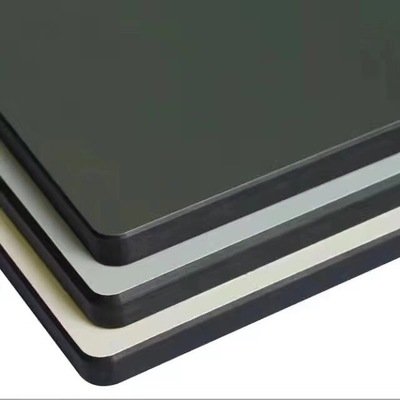
Composition and Properties
Material Composition
Chemical Resistant Laminate Boards are typically made from a combination of wood fibers and resins, treated to enhance their resistance to chemicals and physical wear. These boards are engineered to provide a balance between strength and flexibility.
Key Properties
High resistance to chemical spills and stains
Durable surface capable of withstanding mechanical stress
Moisture-resistant, preventing warping and degradation
Advantages
Durability
Chemical Resistant Laminate Boards are known for their exceptional durability. They can endure heavy usage and frequent cleaning without losing their structural integrity, making them ideal for busy laboratory environments.
Resistance to Chemicals
One of the standout features of these boards is their resistance to a wide range of chemicals. This property is particularly beneficial in chemistry and biology labs where chemical spills are common.
Applications in Laboratories
Chemistry Labs
In chemistry labs, where exposure to corrosive substances is frequent, Chemical resistant laminate boards provide a reliable surface that resists damage and ensures a safe working area.
Biology Labs
Biology labs benefit from these boards due to their ability to withstand the occasional spill of biological reagents and their ease of cleaning, which helps maintain a sterile environment.
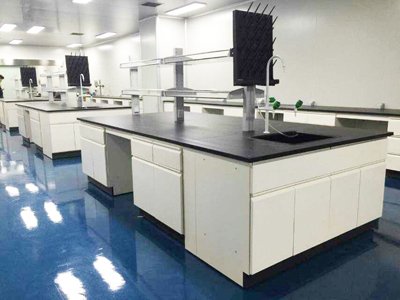
Epoxy Resin Boards
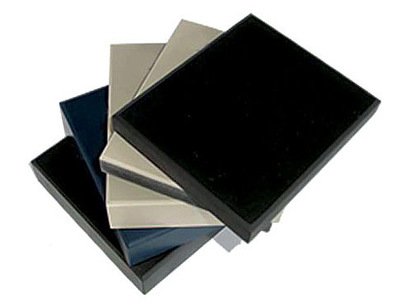
Composition and Properties
Material Composition
Epoxy resin boards are made from a mixture of epoxy resins and hardeners, creating a highly resilient and non-porous surface. This composition makes them incredibly tough and resistant to a variety of lab conditions.
Key Properties
Exceptional resistance to heat and chemicals
Non-porous surface that prevents absorption of liquids
Smooth, easy-to-clean finish
Advantages
Resistance to Heat and Chemicals
Epoxy resin boards are renowned for their ability to withstand high temperatures and exposure to harsh chemicals without degrading. This makes them suitable for labs dealing with high-temperature reactions or corrosive substances.
Non-porous Surface
The non-porous nature of epoxy resin boards ensures that no liquids or contaminants can penetrate the surface, making them hygienic and easy to sanitize.
Applications in Laboratories
Pharmaceutical Labs
Pharmaceutical labs, which require stringent cleanliness standards, benefit greatly from the non-porous and easy-to-clean surfaces of epoxy resin boards.
Research Facilities
In research facilities, where experiments often involve a variety of chemicals and processes, the robustness of epoxy resin boards provides a dependable and long-lasting work surface.
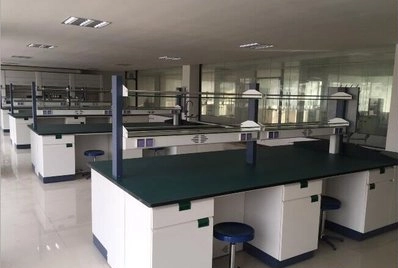
Chemical Resistant Laminate Boards vs. Epoxy Resin Boards
Durability
While both types of boards are durable, epoxy resin boards generally offer superior durability, especially in environments with high mechanical and thermal stress.
Resistance to Chemicals
Both materials are highly resistant to chemicals, but epoxy resin boards typically have an edge due to their non-porous surface, which prevents chemical absorption and staining.
Maintenance and Cleaning
Epoxy resin boards are easier to clean and maintain due to their smooth, non-porous surface. Chemical resistant laminate boards, while resistant to chemicals, may require more effort to keep clean over time.
Cost-effectiveness
Chemical resistant laminate boards are often more cost-effective initially but may require more frequent maintenance. Epoxy resin boards, though more expensive, offer longer-term savings due to their durability and low maintenance needs.
Factors to Consider When Choosing Laboratory Countertops
Type of Laboratory
The specific type of laboratory and its primary functions will significantly influence the choice of countertop material. For instance, chemistry labs may prioritize chemical resistance, while biology labs may focus on ease of cleaning.
Specific Requirements
Consider the unique requirements of your lab, such as the need for heat resistance, durability under heavy equipment, or resistance to specific chemicals.
Budget Constraints
Budget constraints are always a factor. Balancing the initial cost with long-term benefits and maintenance requirements is crucial in making an informed decision.
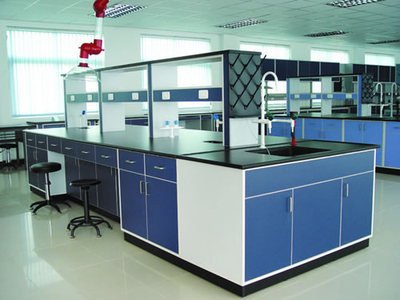
Installation and Maintenance of Laboratory Countertops
Installation Process
Proper installation of laboratory countertops is vital for ensuring their longevity and performance. It involves precise measurement, cutting, and secure fitting to avoid gaps and ensure stability.
Maintenance Tips
Regular Cleaning
Regular cleaning with appropriate cleaning agents is essential to maintain the integrity of the countertops and ensure a safe working environment.
Avoiding Damage
Avoid using abrasive materials or harsh chemicals that can damage the surface. Immediate cleaning of spills and regular inspections can help prolong the lifespan of the countertops.
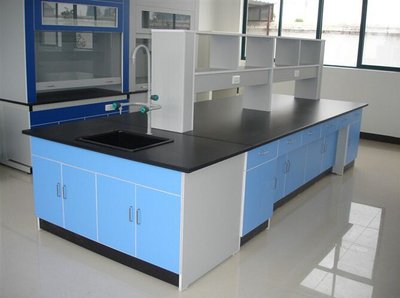
Environmental and Safety Considerations
Eco-friendly Materials
Choosing materials that are eco-friendly and sustainably sourced is becoming increasingly important. Some modern laboratory countertops are made from recycled materials, contributing to environmental sustainability.
Safety Standards
Ensure that the chosen materials comply with relevant safety standards and regulations, providing a safe and compliant laboratory environment.
Conclusion
Choosing the right laboratory countertop material involves considering various factors, including durability, chemical resistance, maintenance needs, and cost-effectiveness. Compact solid physical and chemical boards and epoxy resin boards each offer unique benefits suited to different lab environments. By carefully assessing your lab's specific needs and constraints, you can select the most appropriate material to ensure a safe, efficient, and long-lasting work surface.
English
Русский
العربية
Français
Español
Português
Deutsch
italiano
日本語
한국어
Nederlands
Tiếng Việt
ไทย
Polski
Türkçe
አማርኛ
Bahasa Melayu
தமிழ்
Filipino
Bahasa Indonesia
magyar
Română
Монгол
қазақ
Српски
हिन्दी
فارسی
Kiswahili
Slovenčina
Slovenščina
Svenska
українська
Ελληνικά
Suomi
Հայերեն
עברית
اردو
Shqip
বাংলা
Hrvatski
Afrikaans
Māori
සිංහල
Oʻzbekcha
latviešu
Беларуская мова
Bosanski
Български
ქართული
Lietuvių
Malti
Runasimi








